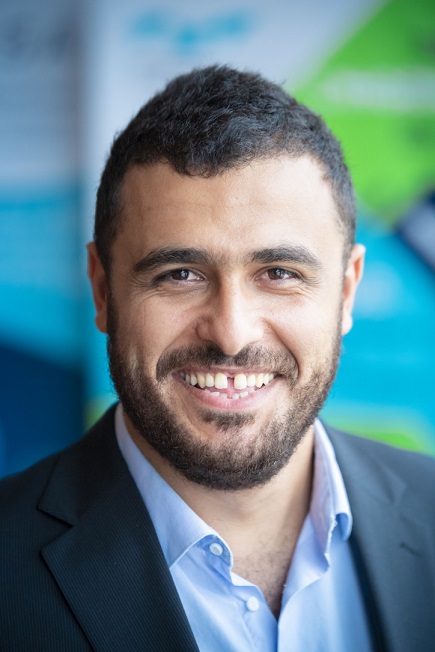
Georgios Z. Papadopoulos
IMT Atlantique, Nantes, France
Reliable and Available Low-Power Wireless Mesh Networks
Abstract
The Internet of Things (IoT) has become ubiquitous due to its flexibility, ease-of-use, and reduced cost. As a consequence, the industry is adopting these systems in its transformation into Industry 4.0. However, the strict Quality of Service (QoS) requirements of the industry are not met with the default best-effort provisions of the IoT. Most industrial applications require strict guarantees in terms of end-to-end network reliability and latency. For instance, consecutive packet losses can lead to communication disruptions in supply chain systems. Therefore, adaptations are being made to fulfil these requirements with the IEEE Std 802.15.4-2015 Time slotted Channel Hopping (TSCH) link-layer standard and the IPv6 Routing Protocol for Low-Power and Lossy Networks (RPL) standard at the Internet Engineering Task Force (IETF). However, even by employing such industrial protocols, it is still difficult to achieve the expected QoS levels. Considering that RPL constructs and maintains a single-path from a source to a destination if there are potential issues on this path (e.g., queue overflow, variable wireless link quality) packets may suffer unexpected delays and even drops. If we consider a multi-path implementation where each node can replicate a packet into several paths, the transmission reliability improves since each packet copy is used to forward the packet information. However, uncontrolled replication can lead to network flooding, resulting in excessive power consumption. In this talk, I will present several routing algorithms and protocols that improves network reliability and availability. I will start first with the Packet Automatic Repeat reQuest, Replication and Elimination, and Overhearing (PAREO) functions. Then, I will continue with three Common Ancestor (CA) algorithms that select the most suitable upward relay nodes. Finally, I will conclude with the On-Demand Selection (ODeSe) multi-path routing algorithm. Note that the PAREO functions and the CA algorithms are work-in-progress adopted drafts at the IETF standardisation organisation.
Biography
Georgios Z. Papadopoulos (MIEEE) serves as an Associate Professor at the IMT Atlantique in Rennes, France, and as a Research Scientist at the IRT b<>com in Rennes, France. Previously, he was a Postdoctoral Researcher at the University of Bristol. He received his HDR from University of Rennes 1 in 2021, his PhD from University of Strasbourg, in 2015 with honors, his M.Sc. in Telematics Engineering from University Carlos III of Madrid in 2012 and his B.Sc. in Informatics from Alexander T.E.I. of Thessaloniki in 2011. Dr. Papadopoulos has participated in numerous international and national research projects on diverse networking verticals. Moreover, he has received several grants for young researchers, in- cluding the prestigious French national grant ANR JCJC in 2017. He has been involved in the or- ganization and program committee of many international events, such as IEEE GLOBECOM’21, IEEE ISCC’20, IEEE DIPI’19, AdHoc-Now’18, IEEE CSCN’18, GIIS’18, IEEE ISCC’17. More- over, he has been serving as Associate Editor for Wireless Networks journal and Internet Tech- nology Letters since 2018, and for Transactions on Emerging Telecommunications Technologies (ETT) since 2020. He is author of more than 70 peer-reviewed publications in the area of computer communications, networks, and cybersecurity. He actively participates at the IETF standards organisation with multiple drafts in the ROLL, DetNet, 6lo, and RAW Working Groups. His research interests include Industrial IoT, 6TiSCH, 6lo, LoRa & LPWAN, Wireless Battery Management System, Smart Grid, Cybersecurity and Moving Target Defense. Dr. Papadopoulos has received the Best Ph.D. Thesis Award granted by the University of Strasbourg and he was a recipient of two Best Paper Awards (IFIP Med-Hoc-Net’14 and IEEE SENSORS’14).